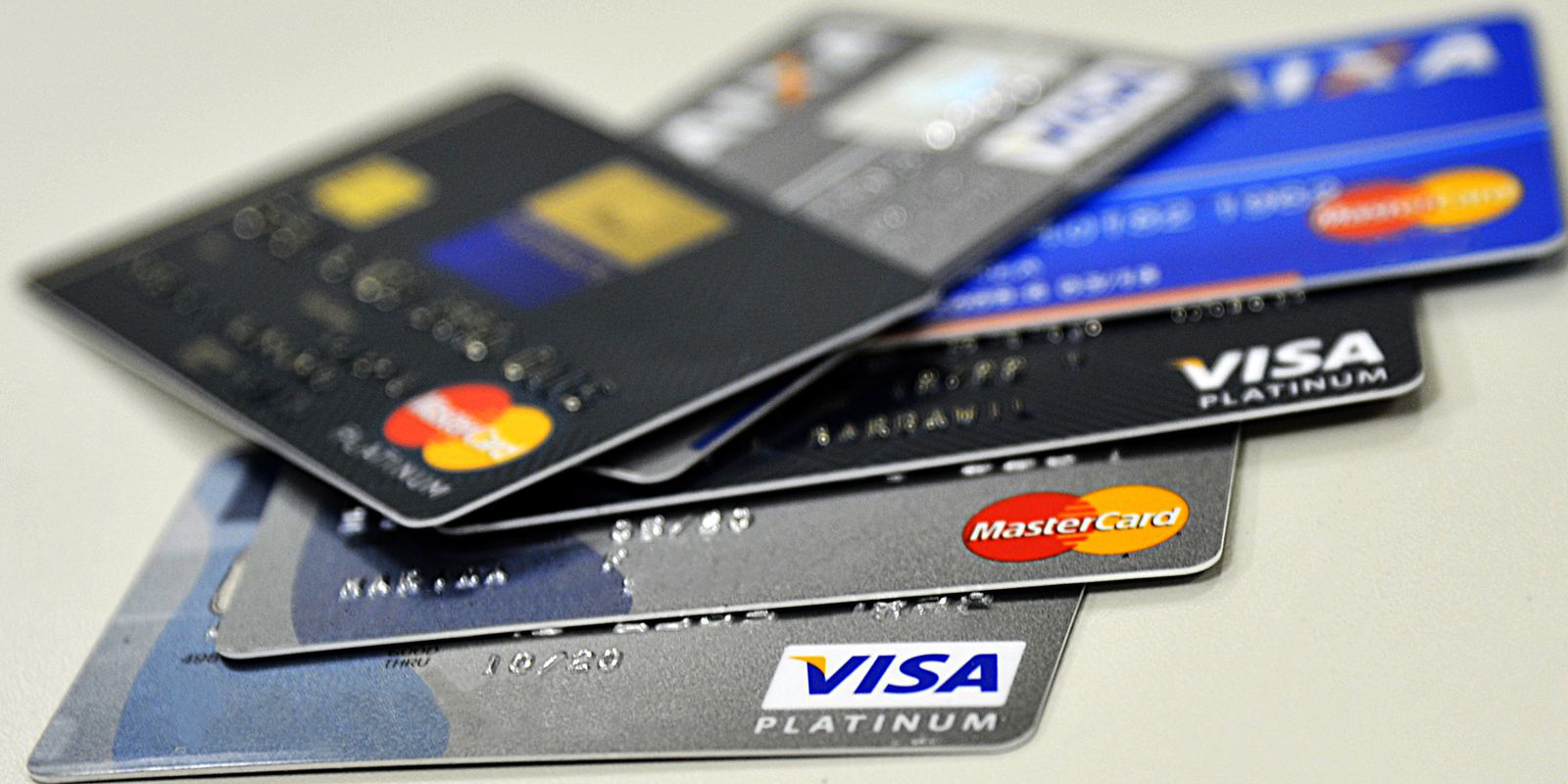Scams against bank customers grew 165% in the first half of this year compared to the same period in 2020, according to a survey by the Brazilian Federation of Banks (Febraban). The scams that increased the most were those called “social engineering”, in which the victim is manipulated and made to take actions on behalf of criminals.
The growth occurs, however, in a context where the cell phone already accounts for more than half of banking transactions. According to Febraban, mobile phone applications were used in 51% of transactions in 2020. In 2016, the percentage was 28%. According to the federation, the pandemic has increased the importance of these devices, which are now being used by people who did not even have a bank account before.
This public, with little intimacy with the functioning of the banking system and digital security, is the preferred target of criminal groups, says the entity. Scammers tend to take advantage of victims’ lack of information to trick them into making deposits and transfers, which is easier than bypassing the security systems of bank applications and systems.
blows
The so-called false employee scam grew 62% in the first half of this year. In this modality, the criminal calls the victim and pretends to be an employee of an institution with which the person has a relationship. The scammer informs the victim about alleged security problems, such as the hacked or cloned account, in order to obtain personal and financial data. During the call, the criminal also asks the victim to enter the card’s password. With this information, he can make withdrawals from the victim’s accounts.
The fake motoboy scam works in a similar way. The scammer calls the victim posing as a bank employee and says the card was swiped, asks for the password and instructs the person to cut the card. However, the chip is preserved. An alleged bank employee goes to the person’s residence under the pretext of withdrawing the card so that a new one can be issued. With the password and the chip, scammers can withdraw money and make transactions on behalf of the victim.
In this type of situation, warns Febraban, the scammers try to scare the victim into acting on impulse and follow the criminals’ instructions. Therefore, it is important to remember that, in any real bank contact, you will be asked for passwords, card numbers or will be asked to make transfers. In case of doubt, the customer must hang up and call the service channels informed on the back of the bank card on their own.
Coup attempts of the type phishing grew by 26%. In this type of fraud, are sent emails or WhatsApp messages in an attempt to obtain data or trick people into clicking on fake bank pages. Therefore, customers should always be wary of unsolicited offers or discounts much higher than expected, and carefully check the addresses of email and of the pages in this type of message that, many times, try to simulate with exchange of letters or domains from abroad the official pages of the banks.
There are also frauds with loans and sale of products with apparently very advantageous conditions. Criminals, then, induce a sense of urgency in victims to make deposits under the pretext of not missing the opportunity of offerings. Febraban warns that no loan modality requests advance payments. In the case of purchases, it is important to do on secure and certified pages.
Febraban claims that banks invest R$ 2.5 billion a year in digital security. However, in cases where victims make deposits or deliver information to criminals, the banks’ understanding is that the fraud did not involve the system, so there is no chance of compensation.
















